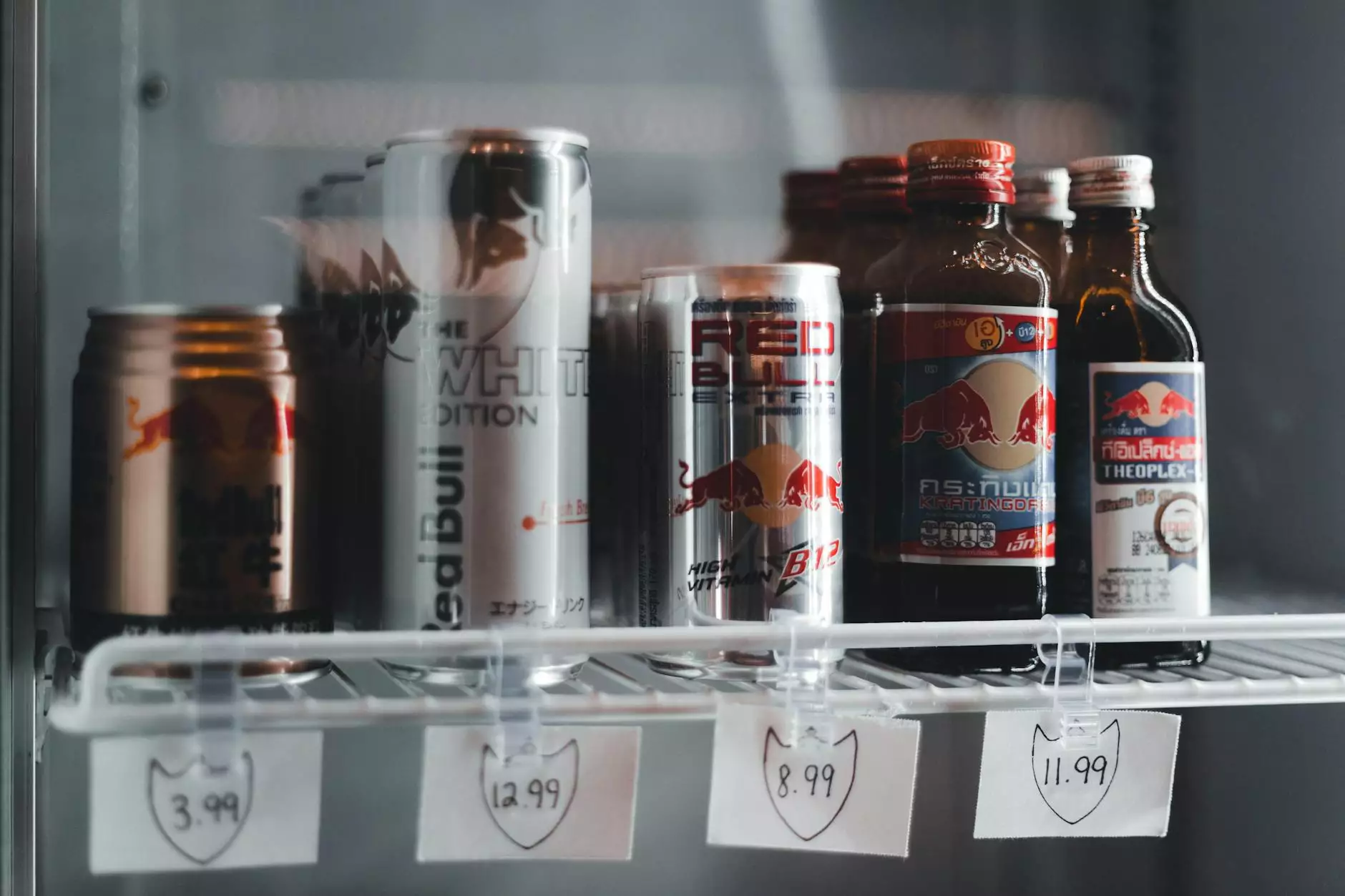Optimizing Business with Advanced Refrigeration Equipment in Cold Chain Logistics

In today’s dynamic market, the cold chain logistics sector plays a pivotal role in ensuring that perishable goods reach consumers in optimal condition. At the heart of this operation lies refrigeration equipment, which safeguards the integrity of products throughout the supply chain. Businesses that harness the power of advanced refrigeration are poised to not only streamline their operations but also enhance customer satisfaction and drive profitability.
Understanding Cold Chain Logistics
Cold chain logistics refers to a temperature-controlled supply chain essential for transporting temperature-sensitive products, including food, pharmaceuticals, and biotechnology elements. This intricate system demands precise management of temperature throughout every stage—from storage and handling to transportation and delivery.
Importance of Cold Chain Logistics
- Food Safety: Ensuring food products remain within safe temperature ranges is vital to prevent spoilage and contamination.
- Quality Maintenance: Pharmaceuticals and vaccines require strict temperature control to maintain efficacy.
- Regulatory Compliance: Adhering to industry regulations and standards can protect companies from legal issues and fines.
- Market Expansion: Effective cold chain solutions can open up new markets by facilitating the transport of perishable goods across longer distances.
Key Components of Refrigeration Equipment
The efficiency of cold chain logistics heavily relies on the capabilities of the refrigeration equipment utilized. Here are some of the essential components:
1. Refrigerators and Freezers
Refrigerators and freezers are foundational elements in any cold chain setup. Modern units incorporate advanced technology that allows for precise temperature regulation and monitoring. Features such as digital displays and alarms for temperature fluctuations provide peace of mind to operators.
2. Transport Refrigeration Units
Transport refrigeration units are critical for maintaining low temperatures during transportation, whether via trucks, ships, or planes. These units can be integrated with GPS tracking and temperature logging systems to provide real-time data, ensuring that the integrity of the shipment is never compromised.
3. Blast Freezers
Blast freezers are essential for rapidly freezing food products, locking in flavor and nutrients while preventing ice crystal formation, which can alter texture. This equipment is particularly crucial for businesses in the seafood and meat sectors where freshness is paramount.
4. Temperature Monitoring Systems
Advanced temperature monitoring systems are fundamental to the cold chain process. These systems utilize sensors and IoT technology to continually track and record temperature throughout the supply chain. Alerts can be set up to notify stakeholders of any deviations, allowing for immediate corrective action.
Advantages of Advanced Refrigeration Systems
Modern refrigeration technologies are not just about chilling products; they come with a multitude of benefits that can significantly impact business operations:
Efficiency and Cost Savings
Advanced refrigeration systems are designed to operate with enhanced energy efficiency, ultimately leading to reduced energy costs. Over time, these savings can be substantial, particularly for businesses that rely heavily on refrigeration.
Increased Shelf Life and Quality
By maintaining optimal temperatures, businesses can extend the shelf life of perishable goods. High-quality refrigeration minimizes the risk of spoilage, leading to less waste and improved profit margins.
Enhanced Customer Satisfaction
Businesses that prioritize the integrity of their cold chain can significantly boost customer satisfaction. High-quality products that arrive fresh and in perfect condition create trust and foster customer loyalty.
Regulatory Compliance
As regulations around food and drug safety continue to tighten, investing in advanced refrigeration equipment can help businesses stay compliant. Meeting industry standards minimizes the risk of fines and enhances brand reputation.
Choosing the Right Refrigeration Equipment
When it comes to selecting the appropriate refrigeration equipment for your business, consider the following factors:
1. Product Specifics
Understand the specific temperature requirements for the products you are dealing with. Different products have different storage needs, and understanding these nuances is crucial.
2. Capacity Requirements
Evaluate your storage capacity needs. Under or overestimating your capacity can lead to inefficiencies and increased costs.
3. Energy Efficiency
The energy consumption of refrigeration equipment can dramatically impact operational costs. Investing in energy-efficient models may have a higher upfront cost but pays off in the long run.
4. Technology Integration
Choose refrigeration equipment that allows for easy integration with technology systems, such as monitoring and inventory management software. Seamless integration enhances visibility and control over your operations.
Conclusion: The Future of Refrigeration in Cold Chain Logistics
As the demand for refrigerated products continues to grow worldwide, businesses must embrace innovation in refrigeration equipment and cold chain logistics. By leveraging advanced technologies and maintaining a keen focus on efficiency and quality, companies can create a robust cold chain that supports their growth and customer satisfaction.
To explore more about how https://www.first-coldchain.com/ can assist your business in enhancing your cold chain logistics through state-of-the-art refrigeration equipment, it’s essential to review all available options and nuances in the market. Don’t underplay the advantages of outfitting your business with the best equipment available; it’s a strategic investment in your future.









